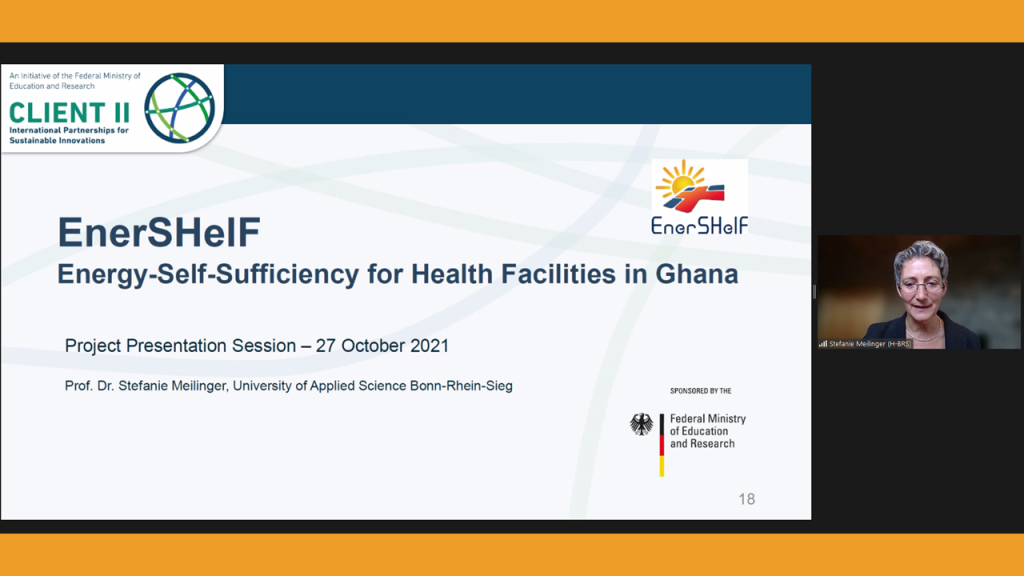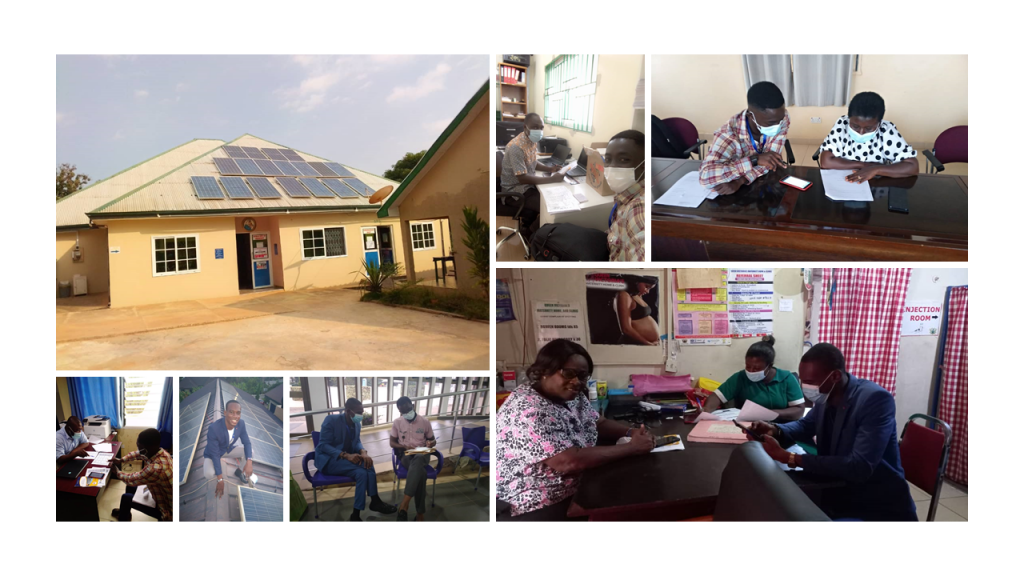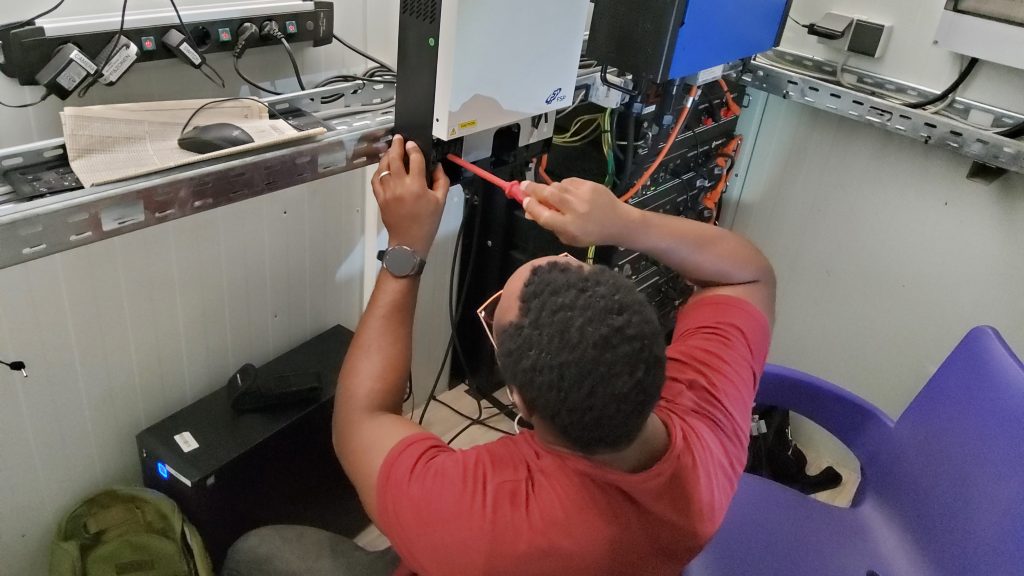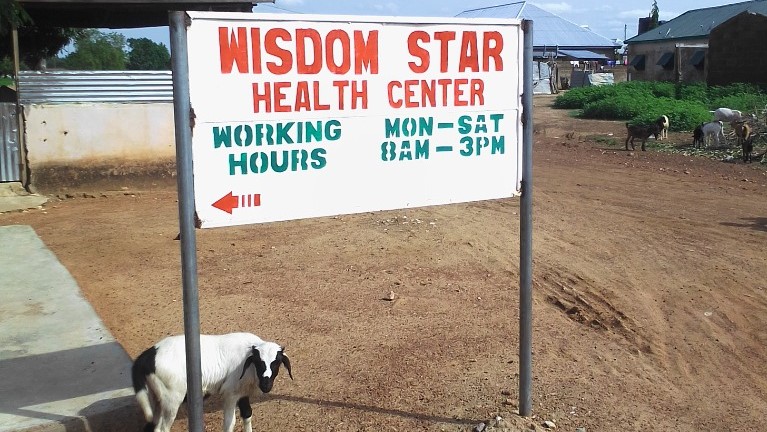
The EnerSHelF project is supported by the German Federal Ministry of Education and Research (BMBF). Its’ funding measure “CLIENT II – International Partnerships for Sustainable Innovation” finances 64 projects that spread across 32 countries – one of them being EnerSHelF. All of them are working on solutions for climate, energy, environmental, and resource challenges that occur in the partner countries. To foster the exchange between the various projects, the second Client II conference of the funding period took place in the last week of October. It was organised as a hybrid event with project’s being able to join from anywhere in the world but also meet in person at the event’s venue “Umweltforum”, Berlin.
Continue reading EnerSHelF at the Client II Conference







